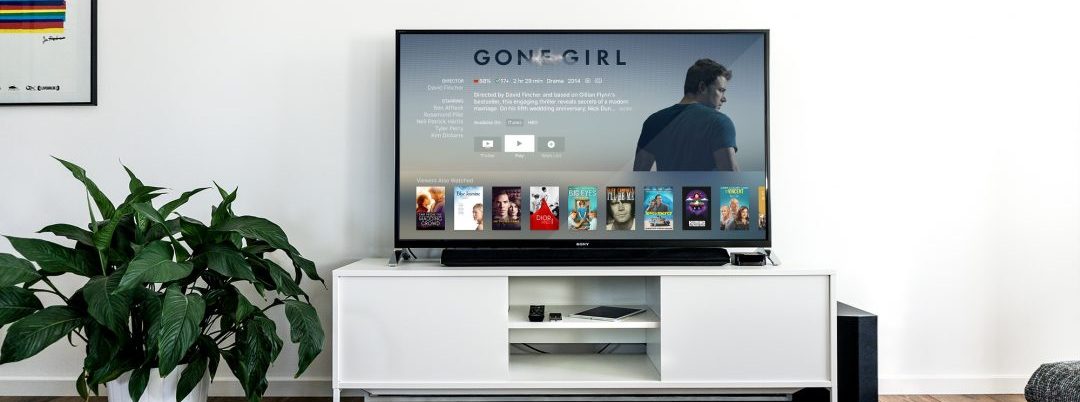
One night I was sitting in my family room watching my third episode of The Office that night. I noticed the catchy theme song of the same show coming from the bedroom. My husband, son, and I had started “bingeing” this show together but my husband had gotten ahead of us. This caused several different feelings: loneliness, jealousy, and anger.
In my household, I was the first official Binge-Watcher. I was proud of that. It was like a competition and I was the best binge-watcher I knew! I would go upstairs and watch shows like Game of Thrones, Mad Men, and Girls until I watched all episodes and seasons. It was my escape from reality and my “me time.” It brought me joy and I got lost in the characters. All my time until the rest of the family starting watching TV similarly.
My husband and son binge-watched Parks and Rec and we were all now bingeing. I chose not to join them because I still wanted to isolate to binge. While they began watching The Office, I caught bits and pieces of it and chose to join them since the show was hilarious. It turns out that it is difficult to stay on the same episode as others if you don’t have control of everyone viewing these shows.
That lead to my question: Has binge-watching become an addiction in our society? Has binge watching become an addiction in my household? Am I now an addict?? I have used the basic signs and symptoms that qualifies someone to be an addict from The National Council on Alcoholism and Drug Dependence (NCADD) .
- Loss of Control: Watching a TV show more than a person wants to, for longer than they intended, or despite telling themselves that they wouldn’t do it this time. – Check! My planned two episodes often change to four episodes.
- Neglecting Other Activities: Spending less time on activities that used to be important (hanging out with family and friends, exercising, pursuing hobbies or other interests) because of binge watching; drop in attendance and performance at work or school. – Check! I certainly could be cleaning my house or playing a game with my kids.
- Risk Taking: More likely to take serious risks in order to watch a binge show.
- Relationship Issues: People struggling with binge watching are known to act out against those closest to them, particularly if someone is attempting to address their binge watching; complaints from co-workers, supervisors, teachers or classmates. Check! I have spent hours away from my husband and children so I could escape into another world a by binge-watching.
- Secrecy: Going out of one’s way to hide the amount of binge watching or one’s activities when binge watching; I have not done this yet, but I can see it happening.
- Changing Appearance: Serious changes or deterioration in hygiene or physical appearance – lack of showering, slovenly appearance, unclean clothes. Check! Sometimes over the weekend I will binge-watch, staying in my p.j.’s all day and not showering the duration of the weekend. Pretty gross, but worth it.
- Family History: A family history of addiction can dramatically increase one’s predisposition to binge watching. Check (I think) – I come from a family that loves to watch TV, so I’ve always had a tendency to watch more than the average person.
- Tolerance: Over time, a person’s body adapts to binge-watching to the point that they need more and more of it in order to have the same reaction. Check! Now I am binge-watching two to three shows at the same time.
- Withdrawal: As the end of the show that is being binge-watched, the person may experience symptoms such as: anxiety or jumpiness; shakiness or trembling; sweating, nausea and vomiting, insomnia, depression, irritability, fatigue or loss of appetite and headaches. – Check! The characters have become a part of my life. When the show is over, I feel like I have lost family. I become sad, somewhat depressed.
- Continued Use Despite Negative Consequences: Even though it is causing problems (on the job, in relationships, for one’s health), a person continues binge watch. Check! I have been exercising less and forgetting to eat when I binge-watch. I have also noticed it is not a good thing for my family, yet when my son asked me tonight if I wanted to watch The Office, I had little restraint. I am ashamed to say it is one of our favorite activities to do with one another.
I have eight out of the ten signs of addiction! I believe binge-watching can become an addiction similar to gaming and other process addictions. Netflix, Hulu, and On-Demand services make it easy and promote binge-watching. Children are learning to watch TV this way. They are even isolating themselves more by bingeing shows on their laptops or phones. I am hopeful that I can change my ways now that I am self-aware and limit my children’s behavior. I have a strong feeling we will hear more about binge-watching as an addiction in the DSM6.
I have to self-disclose: while writing this blog, I watched three episodes of The Office simultaneously. Yep, I’m a binge-watching addict!
By: Kim Matone, MS is Co-Owner of Thriveworks Counseling and Coaching in Charlotte, NC. She is also a Certified Substance Abuse Prevention Consultant. Kim’s passion is working with individuals and families recovering from addictions.
“Binge-Watching: Is It America’s Next Addiction?”
Let’s keep in touch! Sign up to receive our newsletter:
Start a Relationship with An Exceptional Counselor
- Skilled and caring professional counselors
- Accepting all major and most insurances
- High-touch customer service & premium benefits
- Same- or next-day appointments
- Ultra-flexible 23.5hr cancellations













